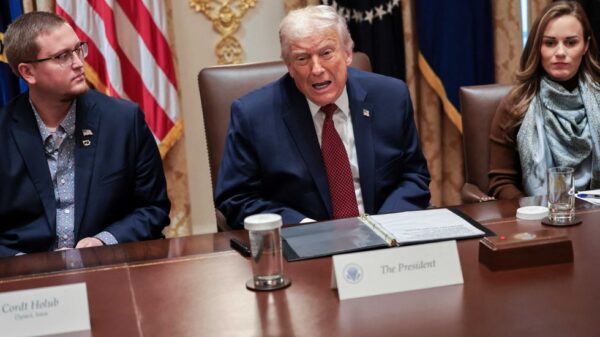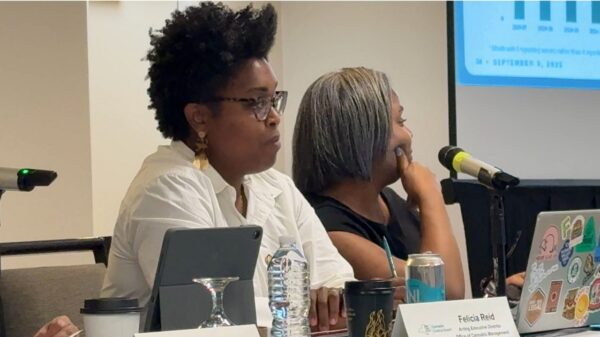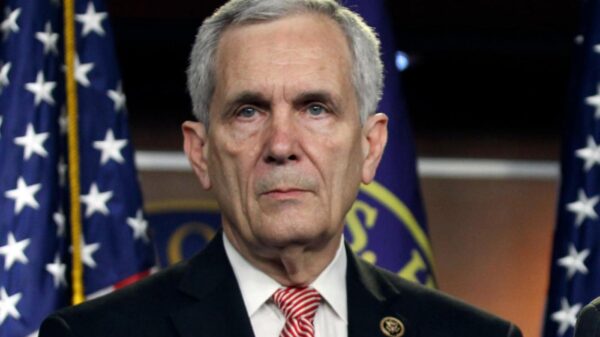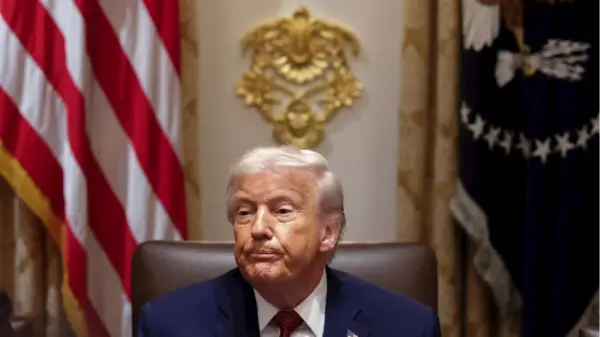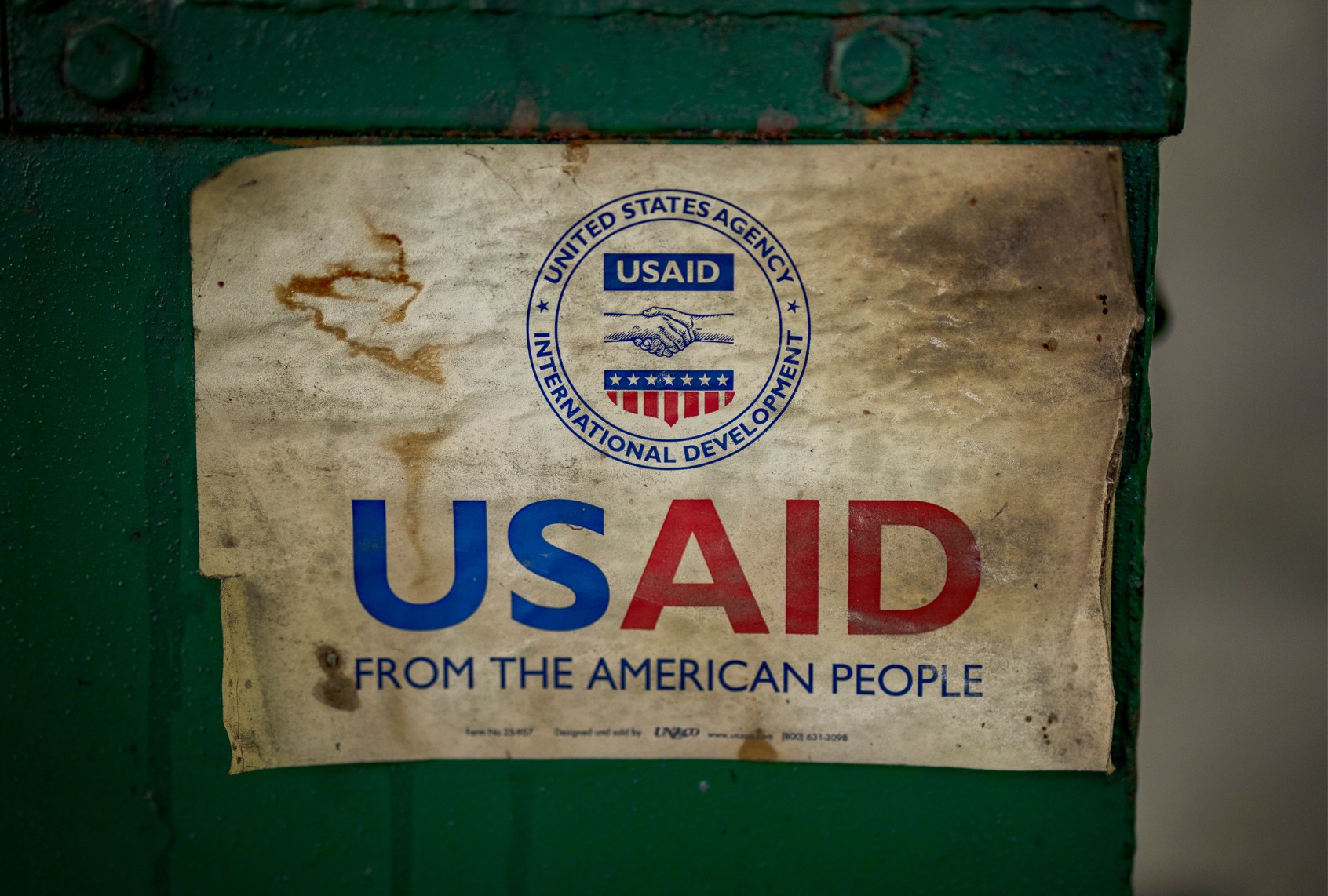The Trump administration’s approach to international aid, particularly through the United States Agency for International Development (USAID), has significantly undermined global health efforts. This shift reflects a broader trend towards isolationism that could have lasting repercussions on both international relations and humanitarian initiatives. Under Trump’s leadership, the agency has seen dramatic budget cuts and structural changes that threaten its ability to deliver crucial assistance to millions in need.
Historically, USAID has been a symbol of American soft power, akin to the Marshall Plan, which helped rebuild Europe after World War II. This program, championed by General George C. Marshall, demonstrated how strategic investment in foreign nations can yield substantial long-term benefits, both for the countries receiving aid and for the United States itself. In contrast, the current administration’s actions suggest a departure from this philosophy, as exemplified by significant funding reductions and a lack of strategic planning.
During a congressional hearing in 2013, former Defense Secretary Jim Mattis emphasized the importance of soft power, stating, “If you don’t fund the State Department fully, then I have to buy more ammunition.” This statement highlights the belief that diplomacy and humanitarian assistance are essential components of national security. USAID has historically embodied this principle, yet its recent dismantling raises concerns about the future of U.S. influence globally.
A recent analysis reveals that funding for USAID initiatives in Zambia dropped from $409 million in 2024 to just $61.6 million in 2025, marking an 85% reduction. Over half of these funds were previously allocated to combatting HIV/AIDS. Such drastic cuts jeopardize vital programs that provide life-saving treatments to mothers and children in need. The previous ten-year average for USAID’s Zambia HIV/AIDS program was $147.7 million, illustrating the extent of the decline.
The Trump administration has been criticized for its handling of USAID, with reports indicating that initial plans to shrink the agency escalated into widespread layoffs and the appointment of unqualified personnel. This has led to a dismantling of key functions, ultimately merging the remnants of the agency into the State Department without adequate assurances that essential humanitarian programs would continue.
One notable incident involved the administration’s premature announcement of blocking a USAID grant intended for family planning services in Mozambique, mistakenly associated with Gaza. This miscommunication highlighted a troubling disconnect between the administration and the realities of global health needs.
Critics have pointed out the humanitarian consequences of these cuts. Major publications, including the New York Times and the Washington Post, have reported on the detrimental effects of reduced aid in regions dependent on U.S. support. Experts from esteemed journals have also warned that the reduction in assistance could result in increased rates of diseases such as HIV, malaria, and malnutrition.
The situation is exacerbated by the administration’s broader budget cuts affecting the National Institutes of Health (NIH), which has significantly reduced funding for clinical trials. These cuts impact thousands of American patients relying on experimental treatments, underscoring a pattern of neglect towards both domestic and international health initiatives.
As the Trump administration prioritizes a narrow interpretation of “America First,” the implications extend beyond immediate funding cuts. The loss of USAID’s resources affects not only the global population that benefits from its programs but also diminishes the United States’ standing and influence on the world stage. Countries that once viewed the U.S. as a partner may now turn to other global powers, further isolating America in an interconnected world.
In summary, the dismantling of USAID represents a significant shift in U.S. foreign policy that could undermine decades of progress in global health and humanitarian efforts. As the consequences of these actions unfold, the need for a thoughtful re-evaluation of priorities in international aid has never been more urgent.


